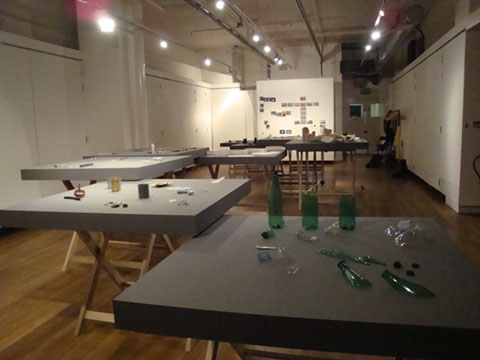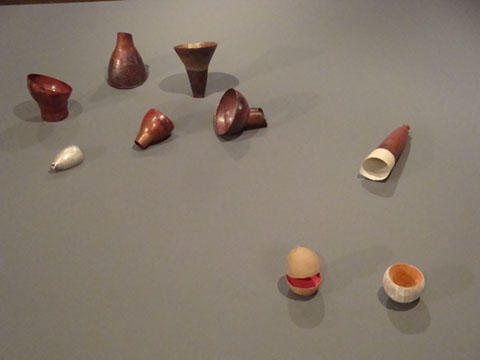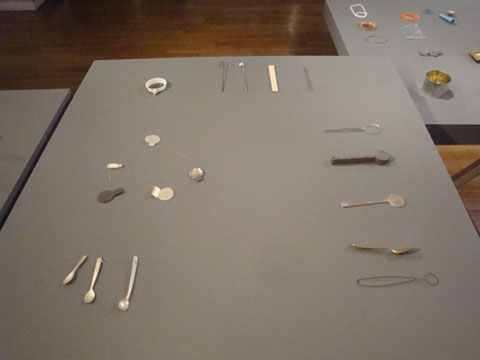Complete or Uncompleted
‘Only the overcoming of difficulties makes a work significant:
Hoc opus, hic labor est’
Nicholas Luhmann quoting Virgil
From the works of Simone ten Hompel
Curated by Chris Smith and Simone ten Hompel
This exhibition and symposium are designed to address the questions below and the larger questions of the role of exhibition in research and displaying research outcomes
When is work complete or completed and when is it (in)complete or (un)completed?
If the synonyms for completed are: full, finished, accomplished and perfect; would uncompleted then be not complete; not fully formed, made, or done; not whole, entire, or thorough; wanting some part; unfinished, imperfect, defective even?
Or could, an incomplete piece, the not fully done, be the space where a possible onlooker is asked to fill in for the incompleteness?
Are some finished works ‘incomplete’ because they compel to a going on with the work… to another?



3 - 3
<
>
Are some unfinished works complete because they end at that point?
If there is an uncompleted, not full thing, then there must be an over full completed piece. In a sense ‘bloated’ - those things, which are defined as over worked [over constructed]. If such work is on display what probability is there of the visitor from Kafka’s ‘Up in the Gallery’ might rush down the long staircase through all the levels, burst into the ring, and cry “Stop!”
However, the show is here, you are here; so continue don’t stop - the game is played with difficulty, the complex bartering of full, in and over continues - complete or incomplete.
Acknowledgements with many thanks;
Interview filming: Varun Chawla Frank Soldat from the MA Film Production, DaviD Hobson Linden Reilly for their questions
Technical and other Support: Rennay Mathurin, Andy Hills, Peter Hufton and all the schoolkeeping staff.